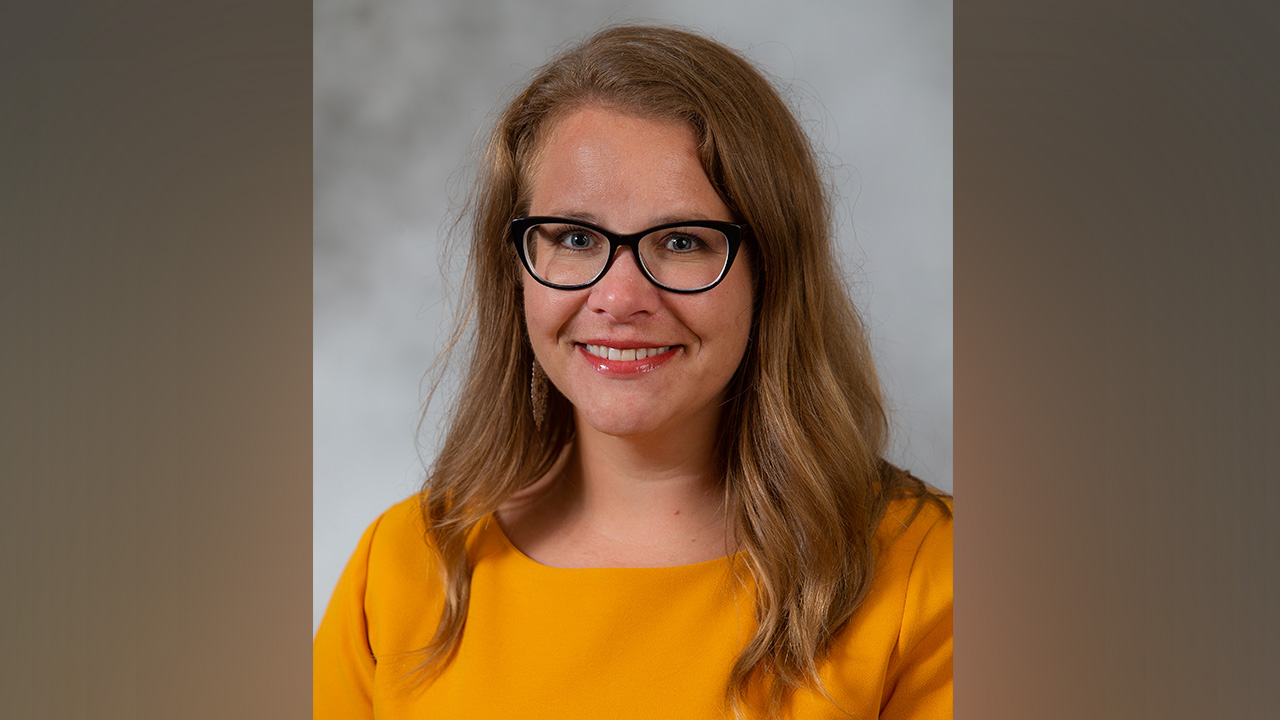
Dr. Jodi Prosise recently joined the University of Wisconsin-Platteville as the new chair of the Department of Mechanical and Industrial Engineering, the largest academic department at the university. She brings with her a longtime passion and interest in the idea of empowerment through technology, or, improving the lives of individuals with disabilities – specifically in low-income areas – through designing and building assistive technology. She has frequently led students in study abroad trips to Brazil, where they develop sustainable prosthetics fashioned from PVC pipe and woven material.
Prosise earned her bachelor’s degree in mechanical engineering from Iowa State University and a Ph.D. in biomedical engineering from the University of Minnesota. She spent 10 years teaching at St. Ambrose University, serving four years as chair of the Department of Engineering and Physics.
How did you initially become interested in the fields of mechanical and biomedical engineering?
When I was a kid growing up, my mom managed a home medical care company. We would go to nursing homes and do equipment checks, where we would take the equipment apart, clean it, and put it back together. I got excited about the medical equipment, learning about the mechanical pieces that go into it, and doing things that help people. Putting things together was really fun for me. But I didn’t know what engineering was, because I’m from a very small town in western Iowa, and it wasn’t really a career that most people knew about there. During my junior year of high school, my chemistry teacher pulled me aside and gave me a flier for a summer camp at Iowa State University, much like the camps we have here at UW-Platteville for high school students. I went, and that was it for me; I knew that engineering was what I wanted to do.
Now that you have been at UW-Platteville for a couple of months, what are some of your first impressions?
My biggest impression is that everyone is so nice. It is a great place to be, because everyone is so friendly and willing to help and support each other, whether it is in the classroom, with research, or service — everything. Everyone is driven and passionate about helping students as well, which is one of the things I’m really excited about.
One of your interest areas is developing technology to improve lives, especially as it relates to helping people with disabilities in low-income areas. How did you get interested in this and what are your goals?
I want to help to make the world a better place. I really think a lot of people want that, but we all have different skill areas, and, so, we can each improve the world in a different way. I decided long ago that using my skills in math and science was the way that I was going to try to change the world. At first it just started off as a general biomedical and engineering interest, but as I got older, I started seeing that there is a real gap in helping people with disabilities and low-income areas. Not only because there is a technology gap, but there can also be a stigma around having a disability in a lot of cultures. I’m really passionate about trying to help people help themselves and also to assist their families. Being able to create a device for someone so that they can become more independent also relieves the burden on their family members. It really changes a whole lot of lives, not just in an individual.
You have been involved with outreach initiatives to help girls experience the STEM fields; why is this important to you and what have your experiences been like working in a traditionally male-dominated field?
I grew up with just my mom, my sister, and I, so it was a natural thing for me to do what I felt I wanted to do; I never really had a lot of barriers because I was female. When I got to college and progressed in my career, the barriers became much more apparent. I saw more and more girls and women who didn’t do engineering because they didn’t feel like they were good enough, thought they couldn’t handle it, or didn’t feel like they fit in. It was really frustrating, because I feel that if everyone tries hard enough, they can do it. When I had my first daughter, I became really, really passionate about it, and I wanted to do whatever I could to foster a STEM education for her. Girls lose interest in STEM fields at about the middle school age, so I started doing outreach things for girls as early as age 3, with the hope that they would get interested in engineering right away and hopefully stay interested through college.
What opportunities in your department are you most looking forward to?
I’m excited to be working with the Sesquicentennial Hall planning. I’m also hoping to bring more cross-disciplinary collaborations. I’m really passionate about the fact that a mechanical engineer doesn’t just work with other mechanical engineers when they graduate. Being able to work across disciplines and incorporating that into the program while students are here will help prepare them for the workplace.